Discover the Most Effective CO2 Absorbing Houseplants Proven by Science and enjoy fresh air in your home for a healthy living.
Indoor air quality plays a vital role in human health and productivity. For good health, you can grow the Most Effective CO2 Absorbing Houseplants Proven by Science to reduce indoor air pollution.
Have a look at the most amazing indoor plants that absorb CO2 at night here
Most Effective CO2 Absorbing Houseplants Proven by Science
1. Bird’s Nest Fern

shutterstock/Phuttharak
Botanical Name: Asplenium nidus
A highly potent plant to reduce the CO2 footprint indoors, the Bird’s nest fern can reduce the concentration of CO2 from 2000 ppm to a safe 800 ppm at an average of 1.984 ppm·h−1 (per pot).
AD
The plant is also quite effective in reducing the levels of HCHO from 2 ppm to the safe level of 0.1 ppm, at an average of 0.003 ppm·h−1 (per pot).
Check out our article on different types of ferns here
2. Snake Plant

AD
Botanical Name: Sansevieria trifasciata
According to this study done at Naresuan University, Thailand, the snake plants can absorb CO2 at 0.49 ppm/m3 in the closed chambers, making them quite effective in curbing down the CO2 levels from indoor air.
Here’s all you need to know about growing Snake Plants
3. Succulents and Cacti



AD
Cactus and succulents are robust in removing airborne bacteria and also absorb CO2 at night while releasing oxygen. They lose less water by opening stomata during the night time.
Check out the best cactus varieties here
4. Prayer Plant

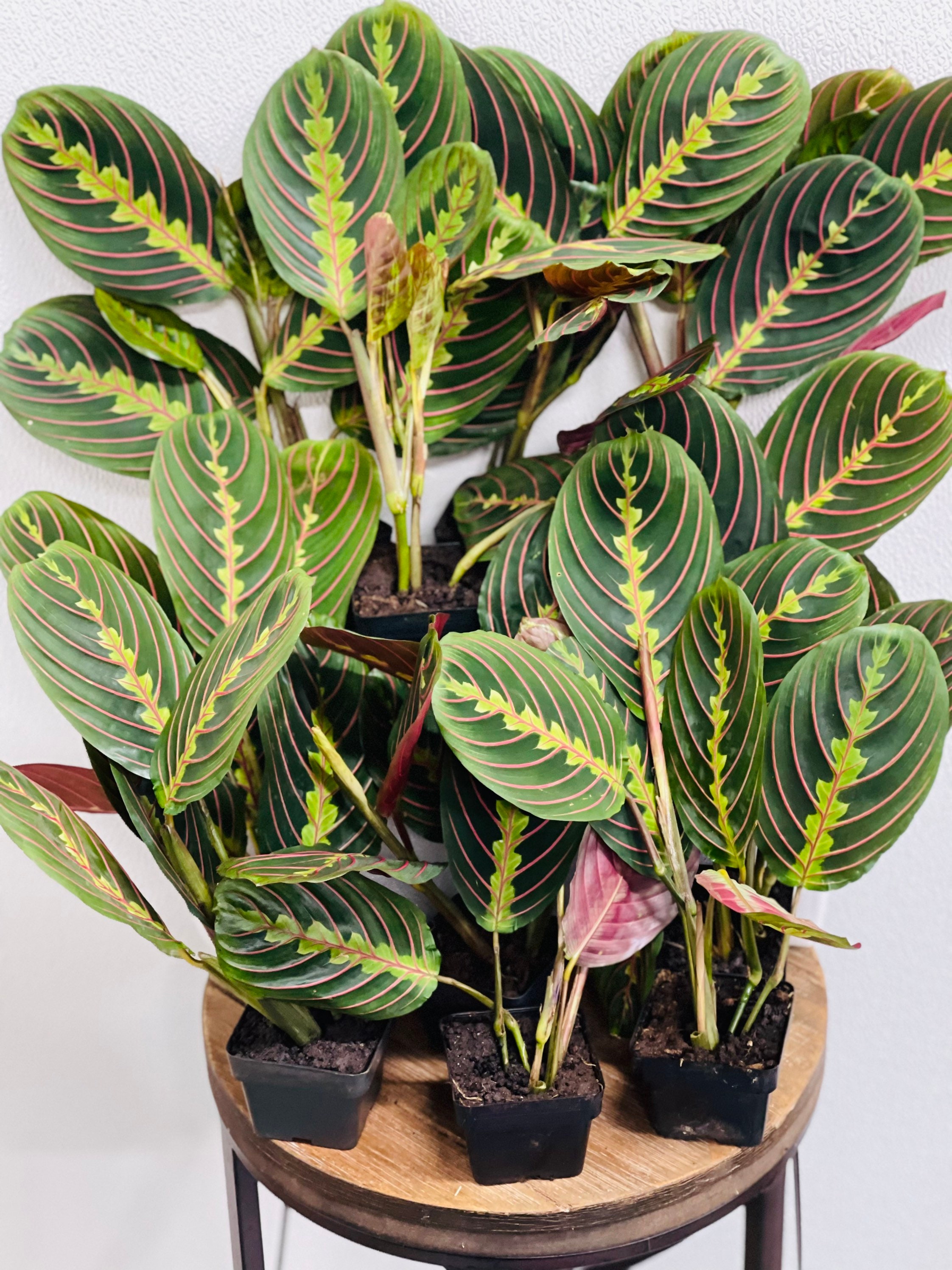
:max_bytes(150000):strip_icc()/grow-maranta-inside-1902647-02-de777eb8e7804c3d86d658cd242583d6.jpg)
AD
Botanical Name: Maranta leuconeura
According to this study, the prayer plant can absorb 71.67 ppm CO2 in a closed room, when tested at 300 or 700 lux of light intensity. The plant performs exceptionally well when the light intensity is increased to absorb CO2 effectively.
5. Dumb Cane

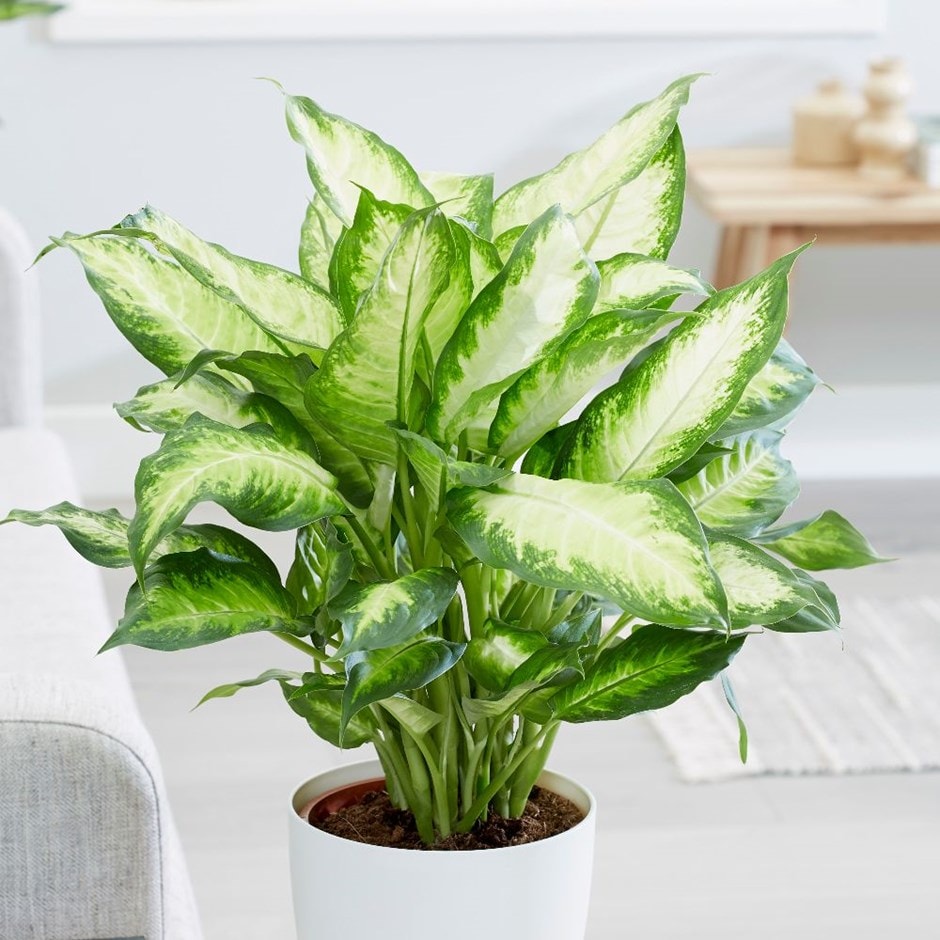
AD
Botanical Name: Dieffenbachia
When it comes to absorbing carbon dioxide, the dumb cane does this efficiently by reducing it to 23.90 percent in a closed chamber. According to a Malaysian study, the initial CO2 was 436 ppm, which reduced to 332 ppm after the final reading.
Have a look at some fantastic benefits of Dieffenbachia here
6. ZZ Plant



AD
Botanical Name: Zamioculcas zamiifolia
This versatile plant is low-maintenance and adaptable in nature. According to NASA Clean Air Study, the ZZ plant can efficiently clean the indoor air by absorbing harmful pollutants like carbon dioxide, xylene, and toluene from the surroundings.
Check out our article on the amazing benefits of the ZZ plant here
7. Pothos

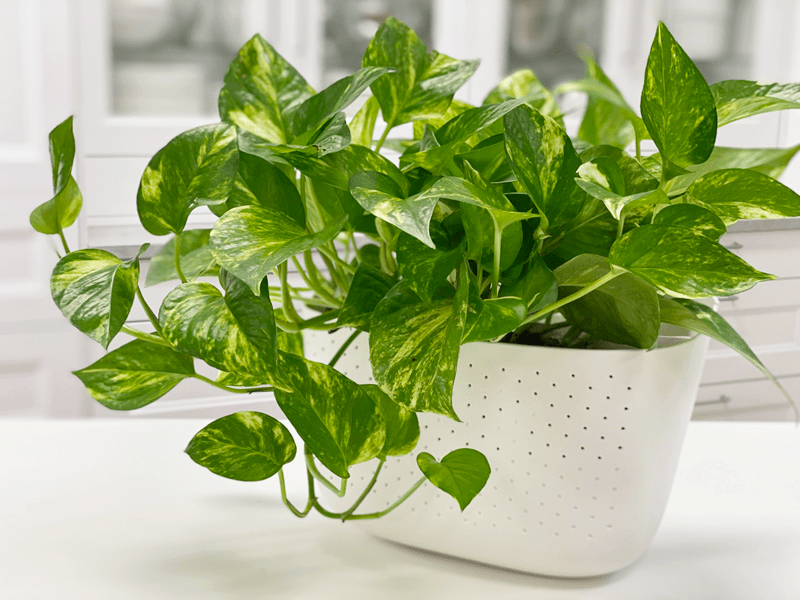
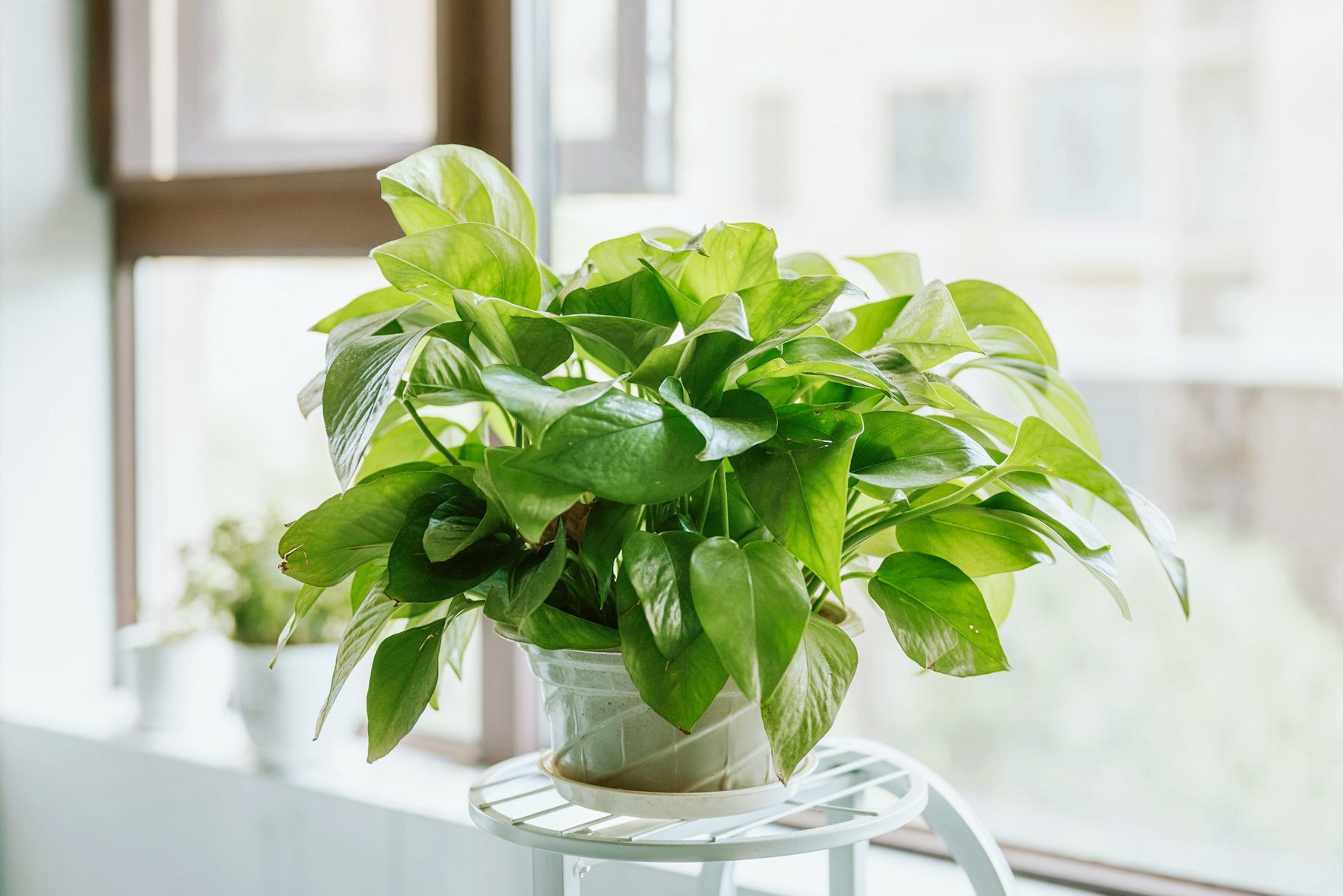
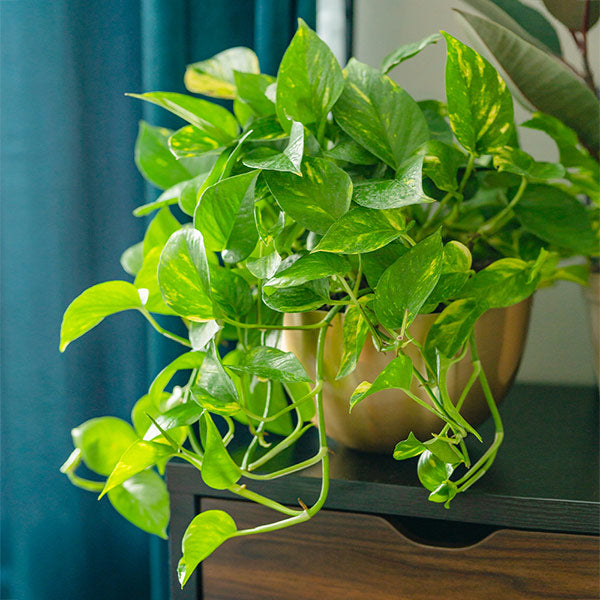
AD
Botanical Name: Epipremnum aureum
This air-purifying, low-maintenance houseplant efficiently absorbs CO2, as mentioned in this Malaysian study. In another research on three houseplants – pothos, spider plant, and snake plant summarize that these plants can absorb ozone, which is a common air pollutant.
Here are some awesome benefits of growing pothos plants
8. Anthurium

AD
Botanical Name: Anthurium andraeanum
In accordance with this Malaysian study published in the Asian Research Publishing Network Journal in September 2016, Anthurium can absorb 21.20 percent CO2 from the air. Initial CO2 was 467 ppm and the final reading was 368 ppm.
Check out our article on growing Anthurium here
9. Rubber Plant

AD
Botanical Name: Ficus elastica
According to NASA Clean Air Study, rubber plants can remove carbon dioxide and carbon monoxide from the surroundings. Apart from that, they also filter formaldehyde and VOCs, making the indoor air much cleaner and healthier to breathe.
Here are some amazing benefits of growing rubber plants
10. Jade Plant


:strip_icc()/jade-plant-moss-accent-table-c503ce13-9538bbfb99874b278a195fb5de4fee1a.jpg)
AD
Botanical Name: Crassula ovata
The Jade plant offers many benefits, and also follows CAM and absorbs CO2 even during the night, and improves the air quality. It performs photosynthesis during the day through the calvin cycle.
Have a look at some fantastic benefits of growing Jade plants here
11. Arrowhead Plant

AD
Botanical Name: Syngonium podophyllum
In a study done at UniversitiTun Hussein Onn Malaysia, Batu Pahat, the initial CO2 for the Arrowhead Plant was 433 ppm and the final reading was 333 ppm, indicating that the plant absorbed 23.10 percent CO2 overall in a closed test room.








